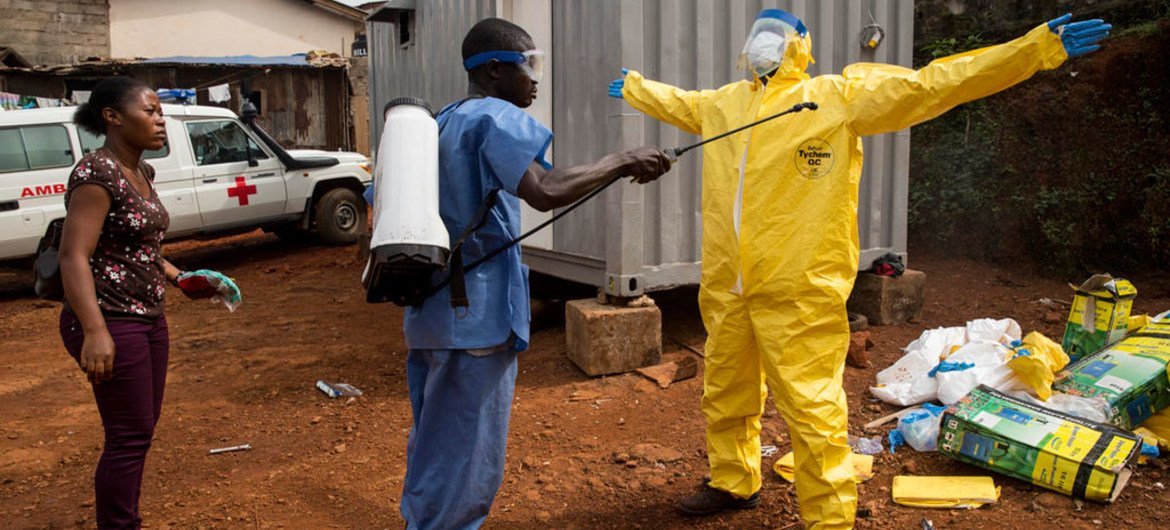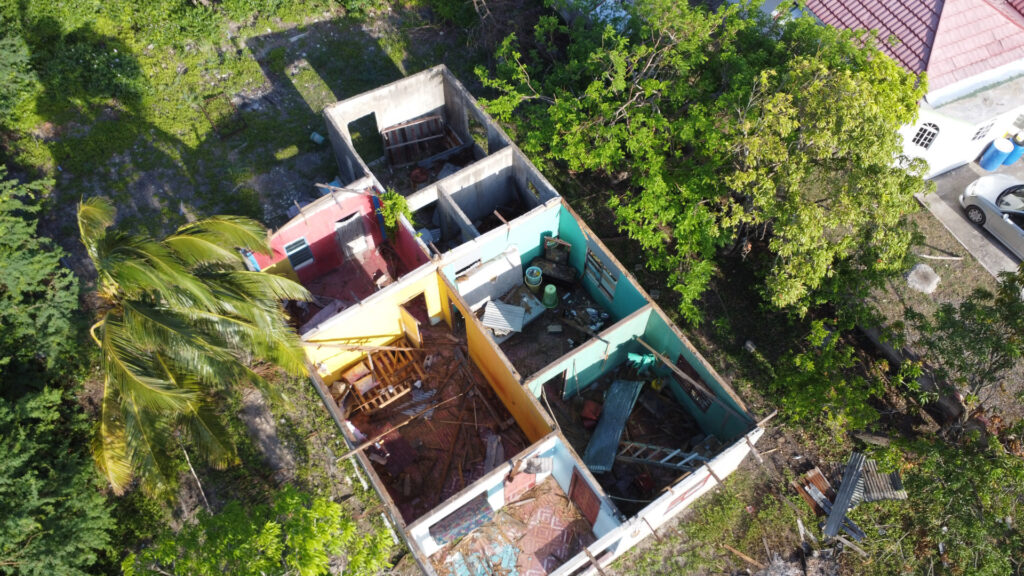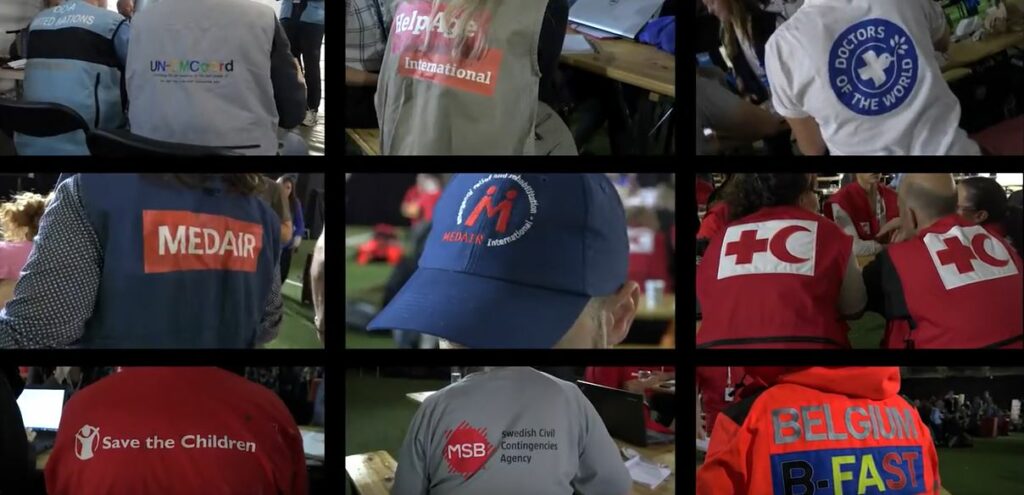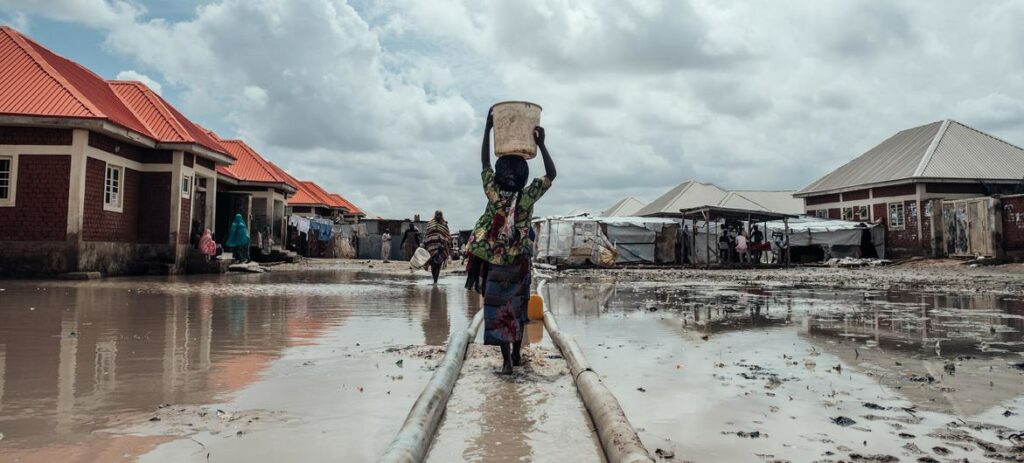Living at the IHP Base Camps in Port Loko and Moyamba provided over 160 Ebola responders with safe and well-equipped accommodations, allowing them to focus entirely on combating the Ebola outbreak. IHP ensured that essential services such as Ebola-safe housing, food and water supply, internet connectivity, and other necessary facilities were available to support their efforts.
By mid-October 2015, three weeks into IHP’s Ebola response, it became evident that housing conditions for responders deployed outside the capital, Freetown, were inadequate. Suitable hotels and guesthouses failed to meet the required safety and security standards. Additionally, staff working at the two Ebola Treatment Centres (ETCs), established by the UK Department for International Development (DFID), lacked proper accommodations. To address these challenges, DFID requested IHP to set up and manage two self-sufficient tented base camps near the ETCs. One base camp was located in Port Loko, approximately 2.5 hours northeast of Freetown, and the other in Moyamba, about four hours to the east.

The Port Loko Base Camp was initially designed to house 84 responders, including staff from the nearby ETC managed by the NGO GOAL, as well as other Ebola responders. Due to high demand, capacity was expanded to 108 guests. The camp was managed by DEMA (Danish Emergency Management Agency), with support from Crisis Management Centre Finland (CMC). The Moyamba Base Camp accommodated 60 responders, primarily staff from the ETC run by Médecins du Monde (MdM) Spain. This camp was led by DSB (Norwegian Directorate for Civil Protection), with additional personnel from MSB (Swedish Civil Contingencies Agency), CMC, and the Estonian Rescue Board (ERB). Luxembourg Rescue Services Agency (ASS LUX) provided satellite equipment. Funding for both camps came from DFID, DEMA, ASS LUX, and DSB.
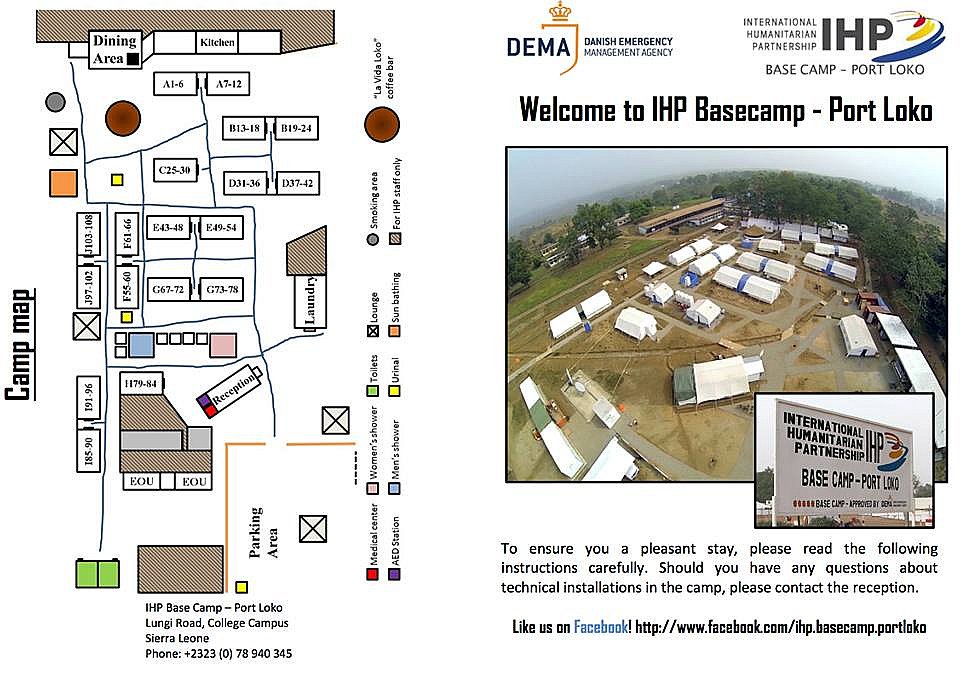
Both base camps featured 24/7 power supplied by generators, wells with water purification systems for safe drinking water, and satellite systems for reliable internet connectivity. Each camp also included kitchens for meal preparation, sanitary facilities, and an outdoor meeting area. Guests were housed in private cabin tents, each containing six individual cabins equipped with beds, mosquito nets, storage boxes, and electricity for lighting and charging devices. Relaxation areas, complete with coffee bars, TVs, and barbecue spaces, allowed responders to unwind after demanding shifts.
To address health and safety, the base camps included first aid stations staffed 24/7 and extended facilities to isolate and treat individuals suspected of having Ebola. The Ebola Observation Units (EOUs) were equipped with beds, sanitary facilities, and personal protective equipment (PPE) to manage suspected cases safely until testing confirmed a diagnosis. These precautions ensured that suspected cases could be contained without risking further spread of the virus.
“The IHP services enable teams to recharge between long, hot shifts at the Ebola Treatment Centres or other field operations in the fight against Ebola,” noted the IHP Team Leader.
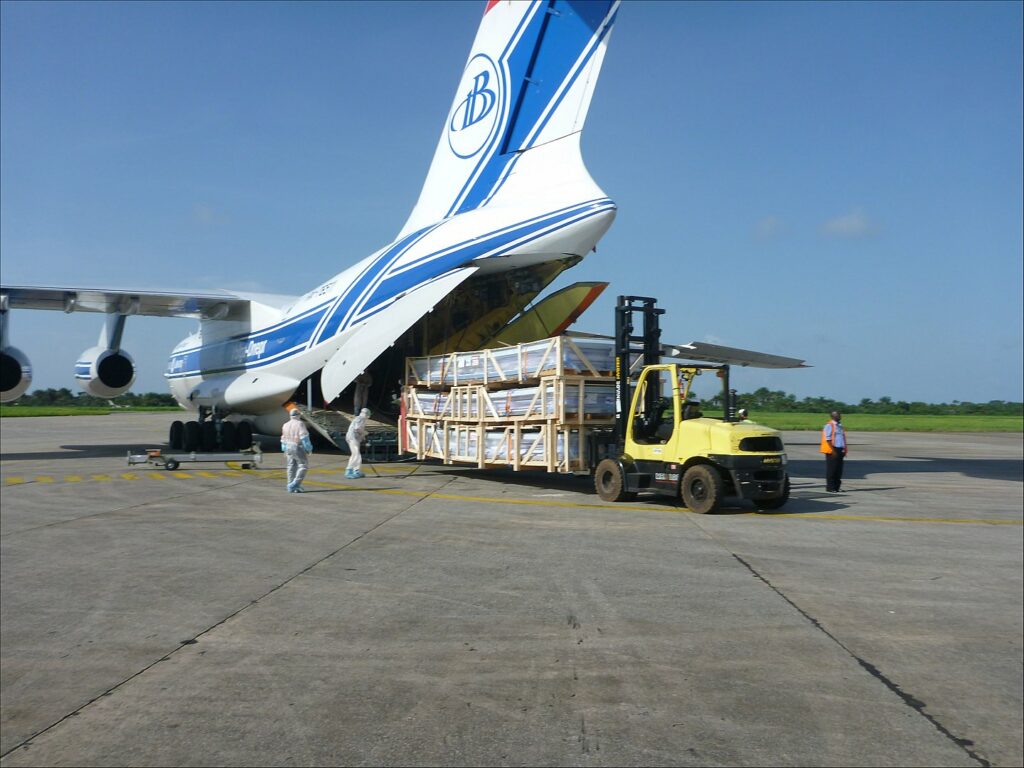
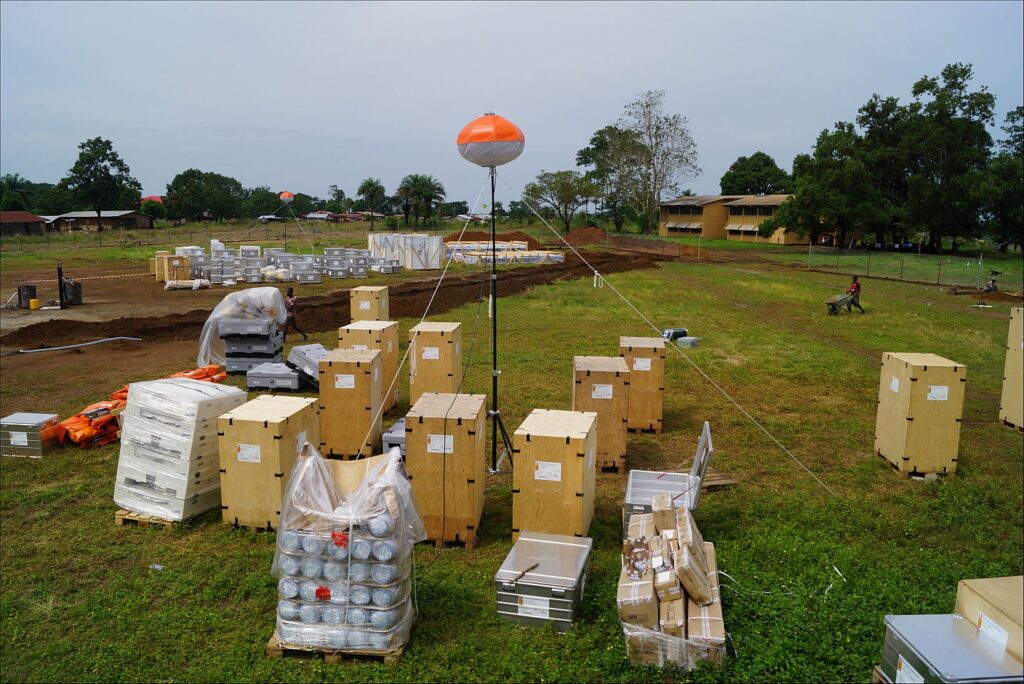
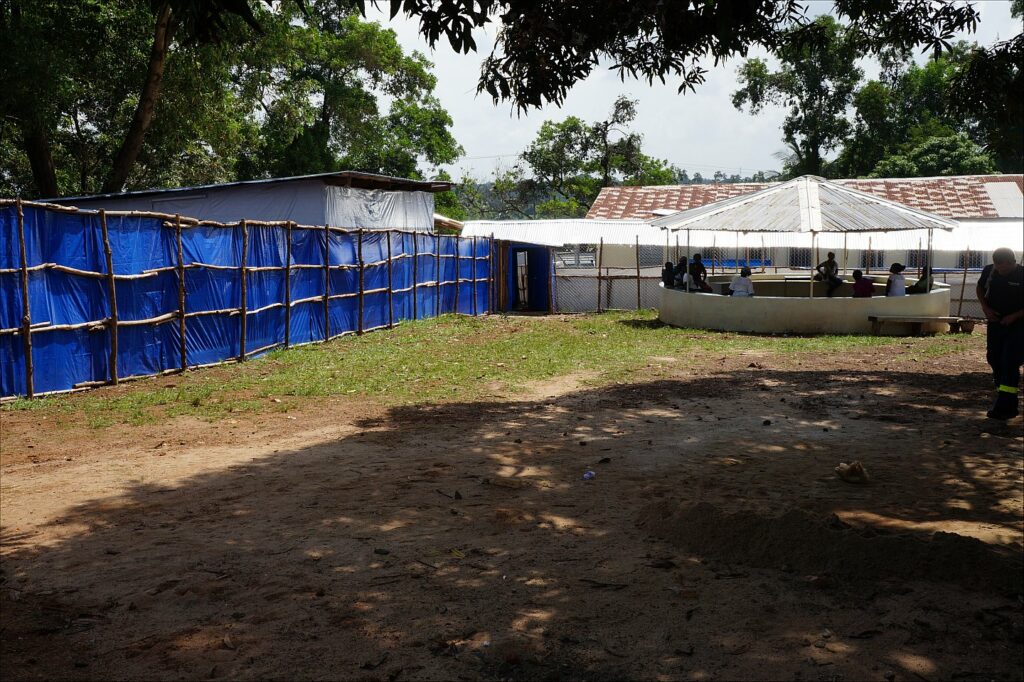
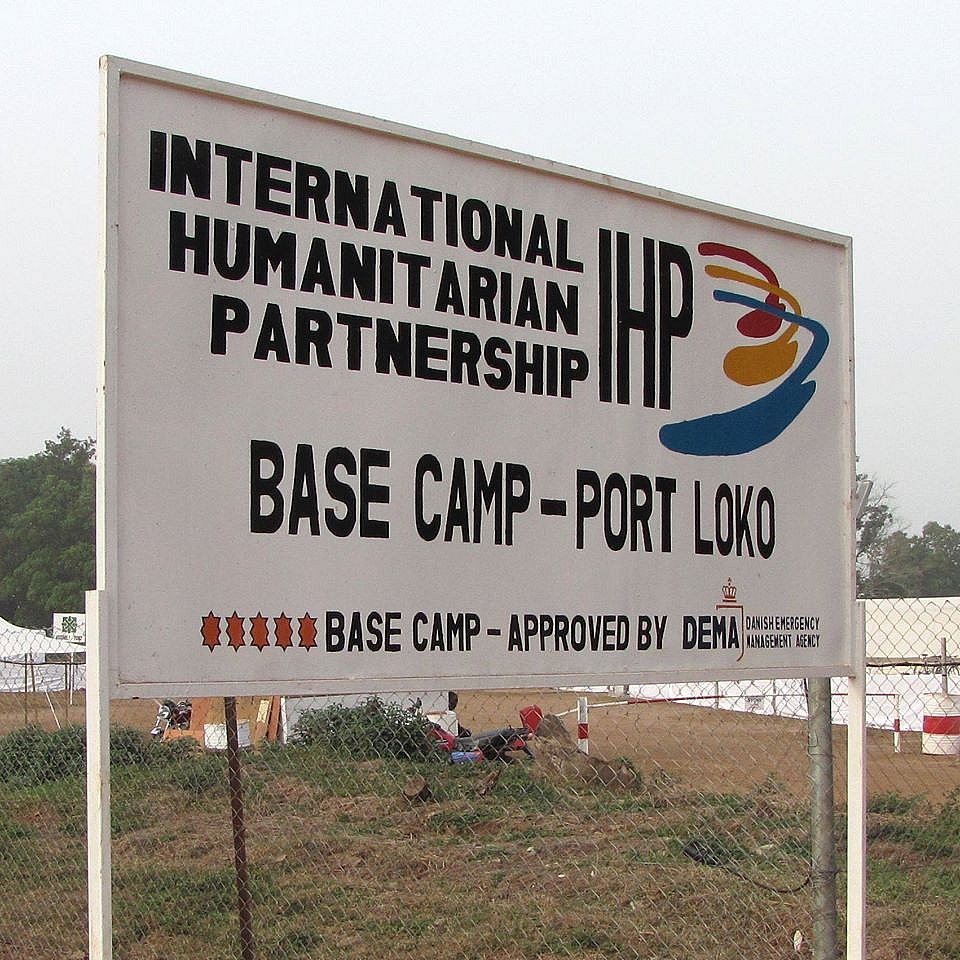
Cover Photo Credit: UN Photo/Martine Perret
